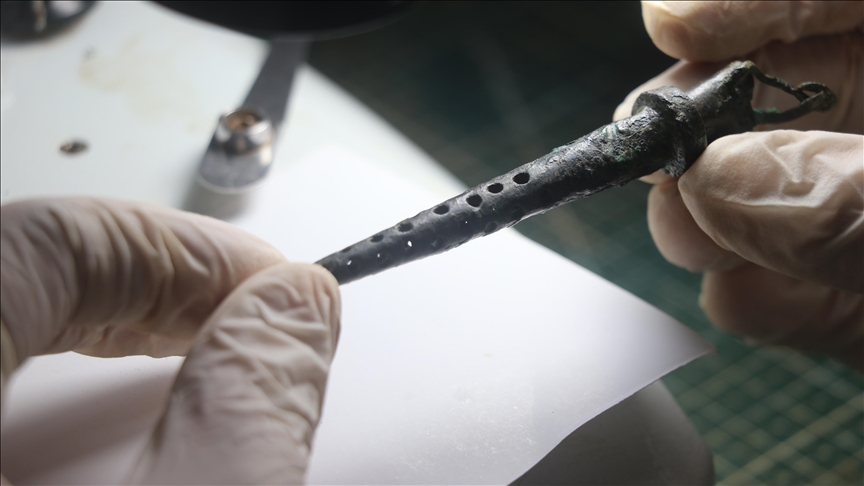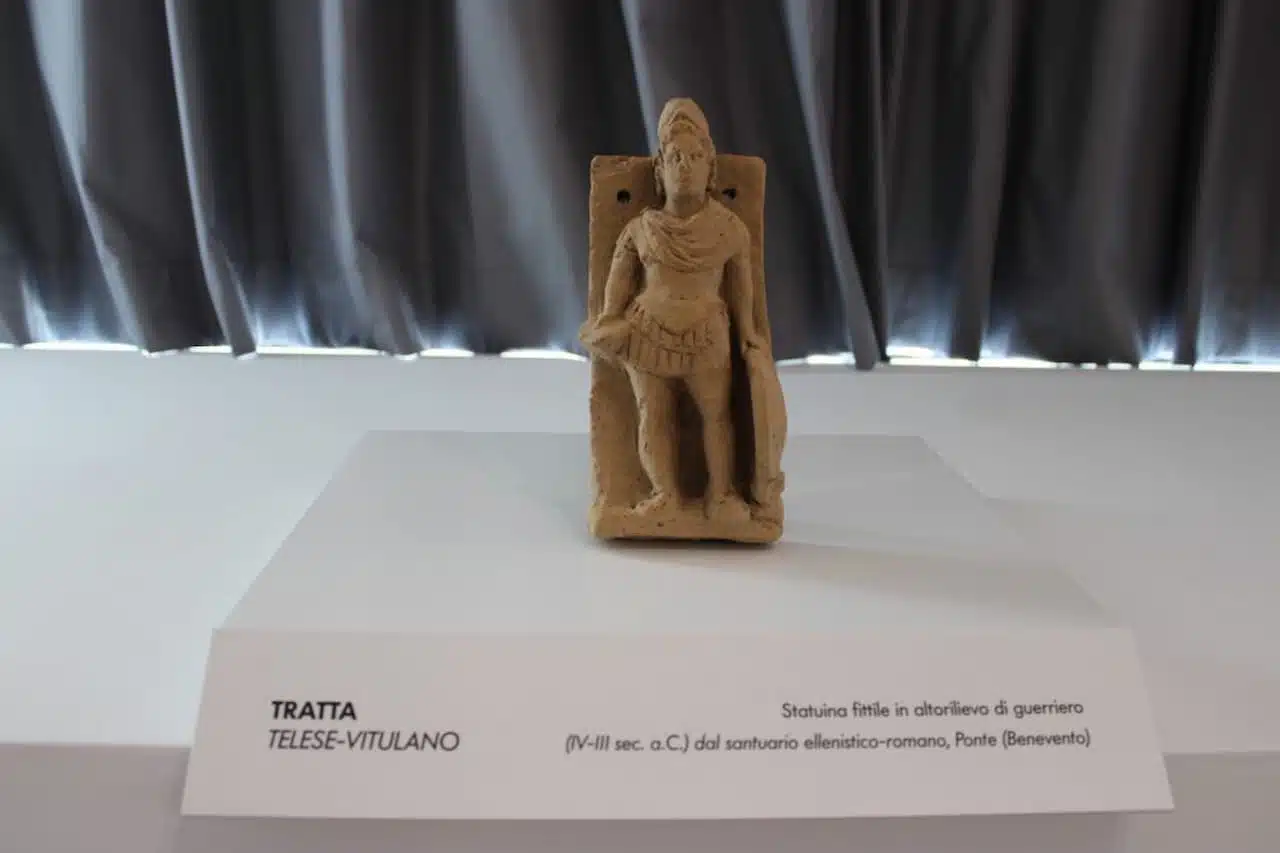Excavation efforts at the ancient city of Hadrianopolis have led to the discovery of a bronze object believed to date back to the 5th century AD. This object served as a beverage filter and is located in the Eskipazar district of Karabük, Turkey.
Historical Significance of Hadrianopolis
Hadrianopolis, established during the reign of Roman Emperor Hadrian II, became an important center in the Black Sea region. The city is famous for its mosaic art, earning it the nickname “Zeugma of the Black Sea.”
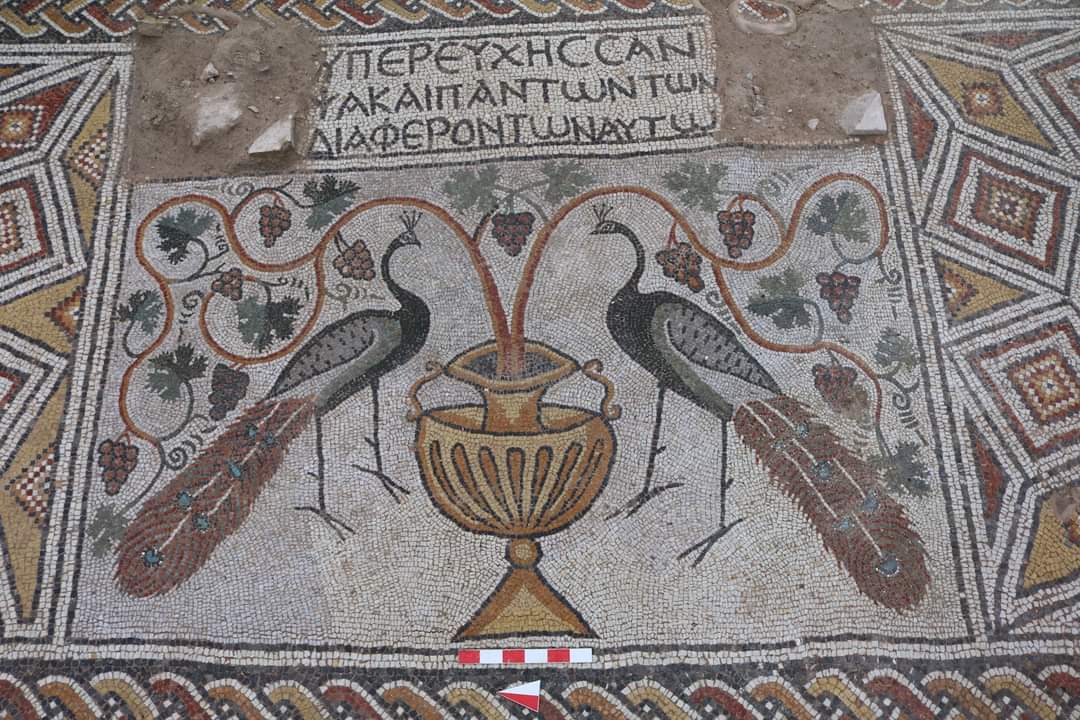
Ongoing Excavations
Archaeologists have declared the ancient site a protected area. They have conducted excavations under the leadership of Assoc. Prof. Dr. Ersin Çelikbaş from the Department of Archaeology at Karabük University.
Findings from the Excavation
So far, the excavation team has uncovered several significant structures. These include two baths, two churches, a defensive structure, rock tombs, an inner castle, an underground rock settlement, a fountain, an arched structure, monumental cult niches, city walls, villas, and monumental buildings.
Recently, the team discovered a bronze object measuring 9.2 centimeters in length. This object features a carrying ring and likely served as a beverage filter in the 5th century AD.
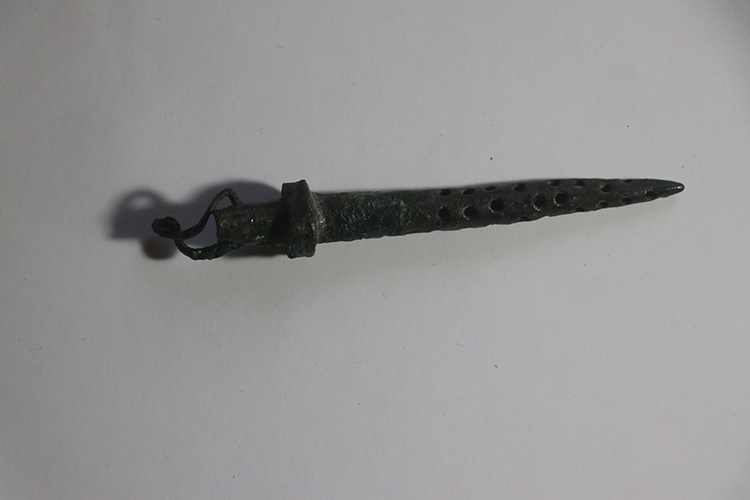
Assoc. Prof. Dr. Çelikbaş explained that the bronze object functioned as a filter in ancient times. He noted, “This object allowed people to drink more comfortably by filtering their beverages.” The conical shape of the bronze object includes holes that served the filtering function.
We can say that this filter has been used more than once
Çelikbaş said, “The object is not disposable. It has a carrying ring on it. After this filter is used, it is removed from the straw and kept by the owner for later use. We can also say that it was used more than once. It dates back to the 5th century AD. We are analyzing it in the light of the stratigraphy where it was found.”
Agricultural Activities in Hadrianopolis
Dr. Çelikbaş highlighted the agricultural activities in Hadrianopolis during the 5th century AD. He stated, “We know that people cultivated fruits such as pomegranates, apples, pears, and grapes, along with grains like barley and wheat.” Anthropological studies have shown that the Hadrianopolis community consumed these grains.
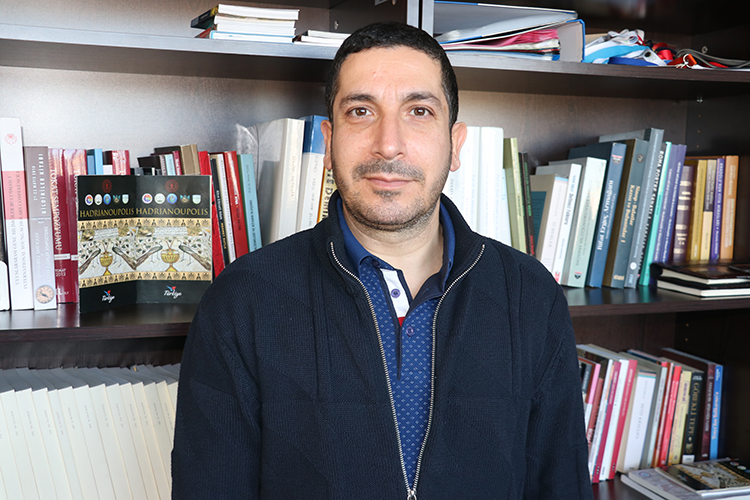
He also shared that the people produced various products from the agricultural harvest. “We know that they made fruit juices and other beverages from the fruits. They used filters like this one attached to reeds and rushes to enjoy their drinks comfortably and healthily. While modern straws are plastic, ancient straws came from plant materials and filtered bronze. This shows that people in that era consumed their beverages in a more comfortable and healthier way.”
